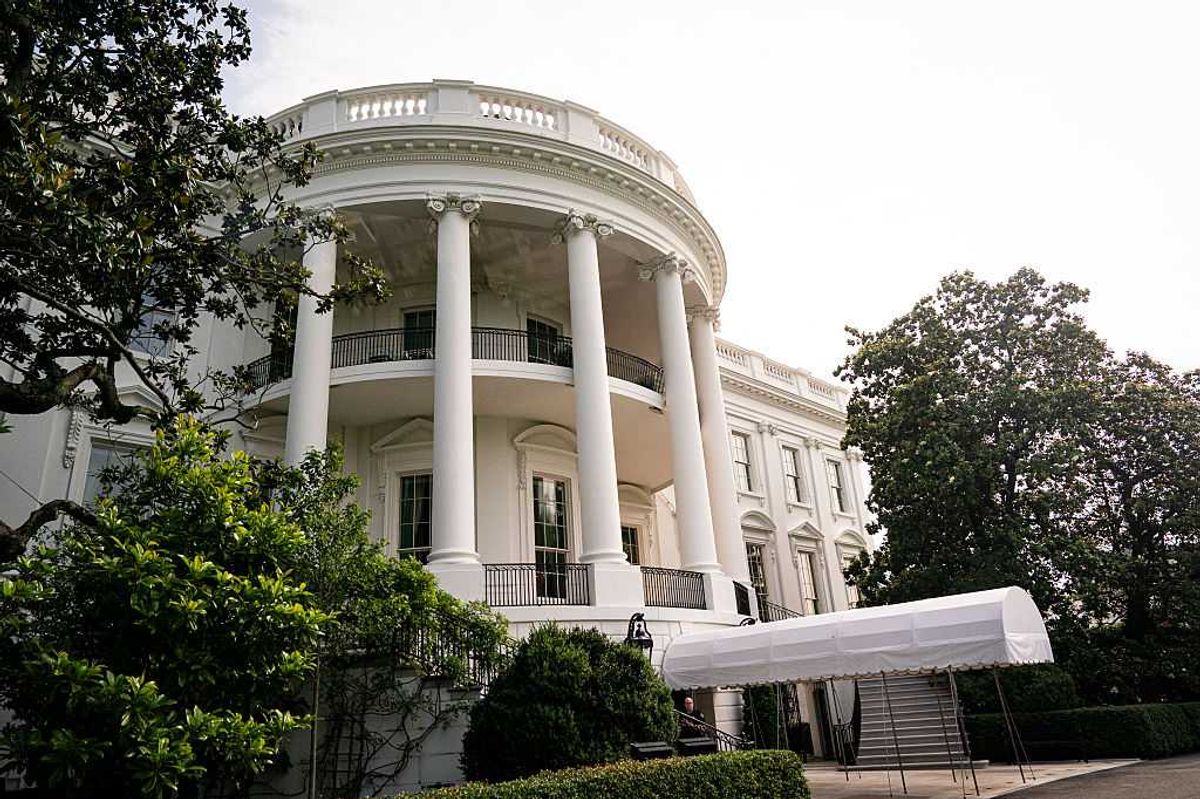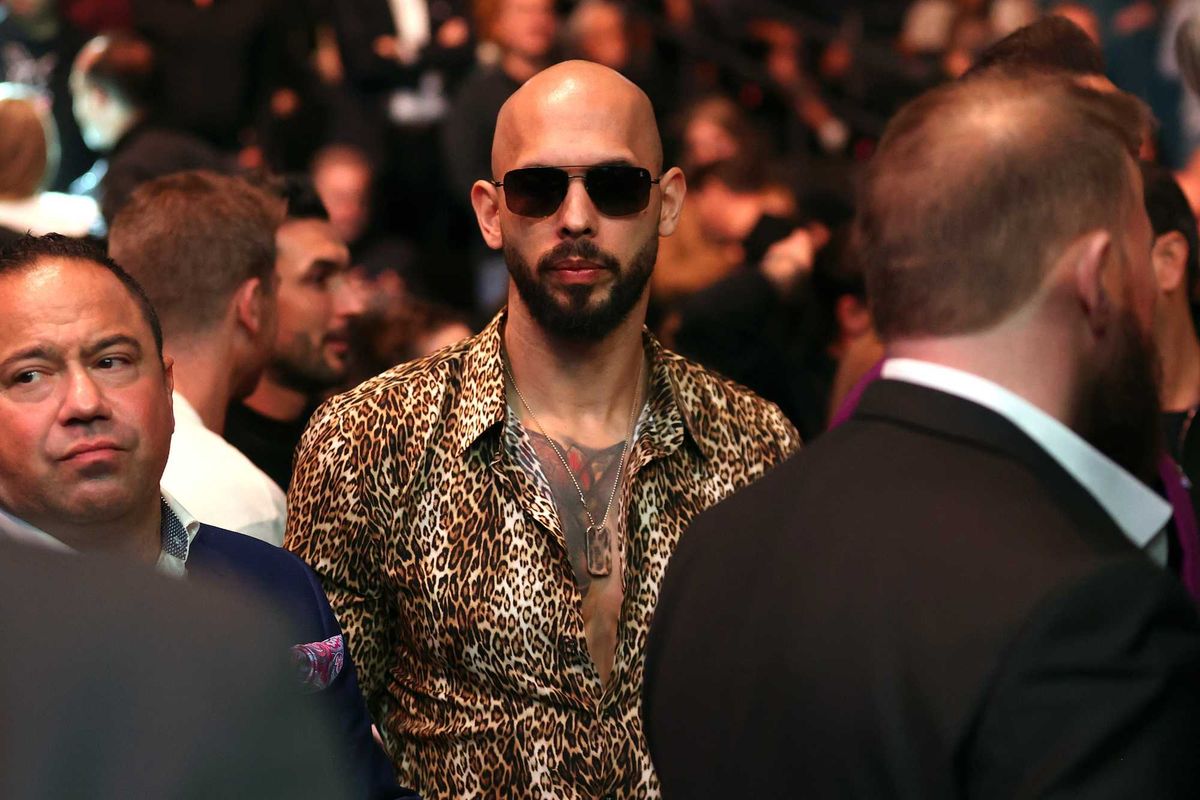News
Bethan McKernan
May 15, 2015
A new study claims that gender roles may have been far more balanced in early societies than we tend to think.
The new research, published in Science, found that in modern day hunter-gatherer societies men and women have an equal say in group decisions and share tasks, including hunting and childcare, roughly equally.
Their conclusion is that gender equality may have been important in the history of human evolution and male-dominated societies are not as entrenched as we think.
It was the development of agriculture that changed the dynamic of male-female relationships, the study suggests.
“There is still this wider perception that hunter-gatherers are more macho or male-dominated. We’d argue it was only with the emergence of agriculture, when people could start to accumulate resources, that inequality emerged,” UCL anthropologist Mark Dyble, who led the study, told the Guardian.
“Men can start to have several wives and they can have more children than women,” said Dyble. “It pays more for men to start accumulating resources and becomes favourable to form alliances with male kin.”
Scientists collected data from two hunter-gatherer groups, one in the Congo and one in the Philippines, conducting hundreds of interviews to study movement and residence patterns and family groups.
Stick that in your pipe and smoke it, patriarchy.
More: 'Congrats, you have an all-male panel!' blog reveals lack of diversity
Top 100
The Conversation (0)












